Frank Anderson – 2-Day Advanced Workshop: Clinical Applications of Internal Family Systems (IFS) with Frank Anderson MD
$439.99 Original price was: $439.99.$87.00Current price is: $87.00.
[Instant Download] – You will receive instant download access after the purchase
- Faculty:
- Frank Anderson
- Duration:
- 10 Hours 49 Minutes
- Format:
- Audio and Video
- Copyright:
- Mar 12, 2020
Description
| Manual – Clinical Applications of IFS (1.2 MB) | 66 Pages | Available after Purchase |
Outline
Internal Family Systems (IFS)
- Comprehensive, compassionate, non-pathologizing treatment approach
- Paradigm-shifting perspective on “psychopathology”
- Easily integrated into other therapeutic modalities
- Teach clients to access inner wisdom and self-compassion to heal traumatic wounds
Evolution of the Model
- Development of the IFS model by Richard C. Schwartz, Ph.D.
- IFS as an empirically validated treatment: Summary of research support
- Goals of IFS therapy
- Starting an IFS session and the flow of the model
The Neuroscience of IFS
- The mind and the brain
- Neurons-networks and parts
- Meditation and self energy
- Understanding the fear response
IFS STEP-BY-STEP
Step 1: Using Meditative Processes to Identify and Connect with a Target Part
- Differentiate the person from the symptom
- Access a state of compassion and curiosity essential for healing
- Establish a relationship with the target part
- Learn the history and benevolent intention behind the symptom
Step 2: Working with Protective Parts
- Facilitate internal attachment work
- Learn to address the fears/concerns of protective parts
- Establish a trusting relationship with proactive and reactive parts
- Resolve internal conflicts
- Gain permission to proceed with healing
Step 3: Healing the Wound
- Connect with the wounded part
- Witness the pain rather than relive it
- Retrieve the wounded part
- Release/unburden thoughts, feelings, and physical sensations
- Life without the wound, the post-healing process
Therapist Parts
- Countertransference redefined
- Identifying parts that get in the way
- The Science of extreme reactions in therapists and clients
CLINICAL APPLICATIONS OF IFS
Trauma and Attachment
- Roadblocks to healing trauma
- Neurobiology of PTSD and Dissociation
- Dealing with the extreme symptoms and staying in Self
- Healing attachment wounds: What IFS offers
Depression and Anxiety
- Differentiating feelings from symptoms
- Address the biology and process the wound
- Protection or genetics
Psychosis and Bipolar Disorder
- Addressing psychotic parts
- Differentiating psychosis from trauma dysregulation
- Treating biological issues while addressing emotional pain
Substances and Addictions
- Befriending addictive parts
- Healing wounds or stopping use?
- Addressing the biology and the behavior after healing
Eating Disorders
- When food “abstinence” is not an option
- Multiple eating parts
- Self-led eating
Shame and Grief
- The shamer and the shamed
- Critical and neglect shame cycles
- Loss, letting go, and healing
IFS With Specific Client Populations
- Children and adolescents
- Parenting
- Couples
- Groups and inpatient settings
- LGBTQ
- Spirituality and culture
Faculty
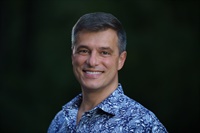
Frank Anderson, MD Related seminars and products: 18
Frank Anderson, MD, completed his residency and was a clinical instructor in psychiatry at Harvard Medical School. He is both a psychiatrist and psychotherapist and specializes in the treatment of trauma and dissociation. He is passionate about teaching brain-based psychotherapy and integrating current neuroscience knowledge with the IFS model of therapy.
Dr. Anderson is a lead trainer at the IFS Institute with Richard Schwartz and maintains a long affiliation with, and trains for, Bessel van der Kolk’s Trauma Center. He serves as an advisor to the International Association of Trauma Professionals (IATP) and was the former chair and director of the Foundation for Self-Leadership.
Dr. Anderson has lectured extensively on the Neurobiology of PTSD and Dissociation and wrote the chapter “Who’s Taking What” Connecting Neuroscience, Psychopharmacology and Internal Family Systems for Trauma in Internal Family Systems Therapy – New Dimensions. He co-authored a chapter on “What IFS Brings to Trauma Treatment in Innovations and Elaborations in Internal Family Systems Therapy” and recently co-authored Internal Family Systems Skills Training Manual.
Dr. Anderson maintains a private practice in Concord, MA.
Speaker Disclosures:
Financial: Frank Anderson maintains a private practice. He receives a consulting fee from the Center for Self Leadership. Dr. Anderson receives a speaking honorarium from PESI, Inc.
Non-financial: Frank Anderson is the President of the Foundation for Self Leadership.
Delivery Method
– After your purchase, you’ll see a View your orders link which goes to the Downloads page. Here, you can download all the files associated with your order.
– Downloads are available once your payment is confirmed, we’ll also send you a download notification email separate from any transaction notification emails you receive from IMC.sale.
– Since it is a digital copy, our suggestion is to download and save it to your hard drive. In case the link is broken for any reason, please contact us and we will resend the new download link.
– If you cannot find the download link, please don’t worry about that. We will update and notify you as soon as possible at 8:00 AM – 8:00 PM (UTC+8).
Thank You For Shopping With Us!
Be the first to review “Frank Anderson – 2-Day Advanced Workshop: Clinical Applications of Internal Family Systems (IFS) with Frank Anderson MD” Cancel reply
Related Products
Medical & Health
Frank Anderson – IFS and Parenting: Help Kids Transition Forward to a Calm Centered Place
Medical & Health
Medical & Health
Medical & Health
Medical & Health
Frank Anderson – Internal Family Systems Therapy (IFS) and Parenting
Medical & Health
Frank Anderson – A Therapist’s Guide to the Psychopharmacology of Trauma and Dissociation
Medical & Health
Frank Anderson – Treating Trauma Clients at the Edge: How Brain Science Can Inform Interventions

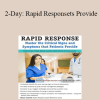
![[Audio Download] CC12 Workshop 02 - Helping Difficult Couples Connect- Harville Hendrix](https://imc.sale/wp-content/uploads/2022/02/Audio-Only-CC12-Workshop-02-Helping-Difficult-Couples-Connect-Harville-Hendrix-PhD-100x100.png)
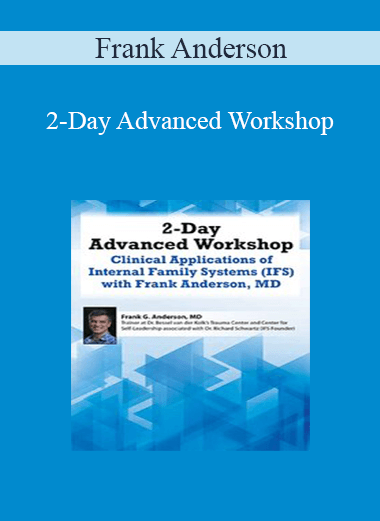
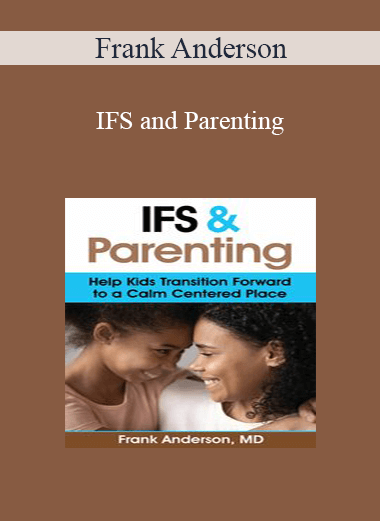
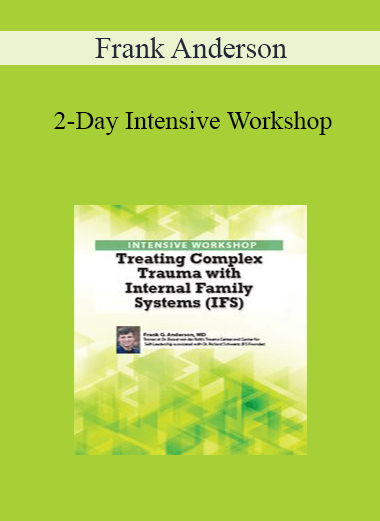
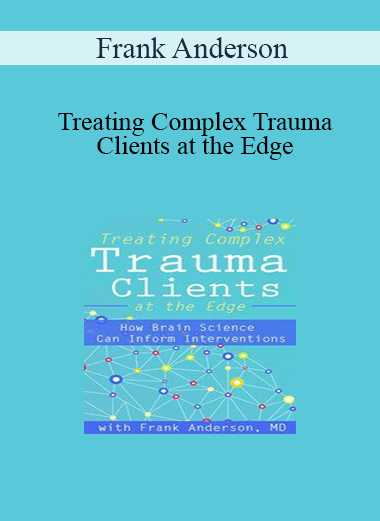
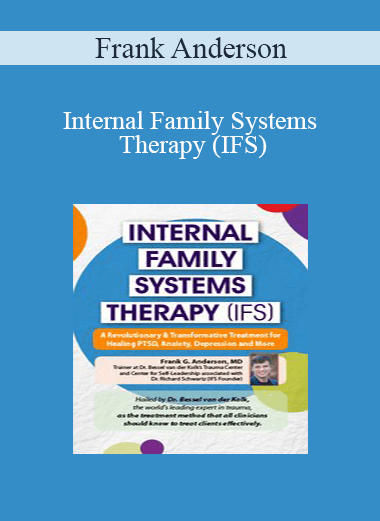
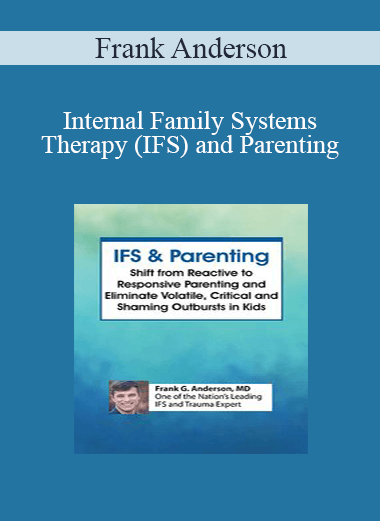
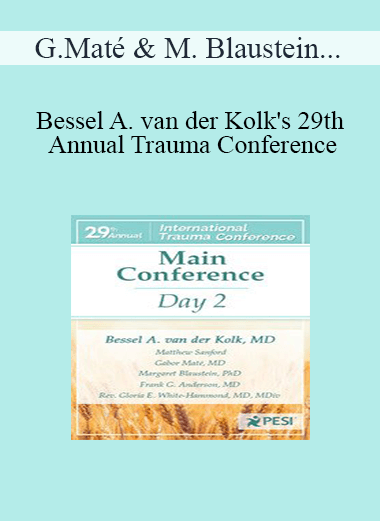
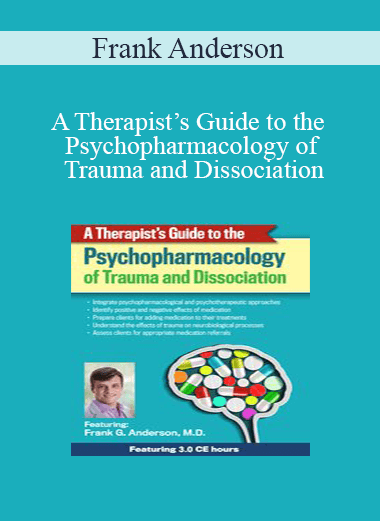
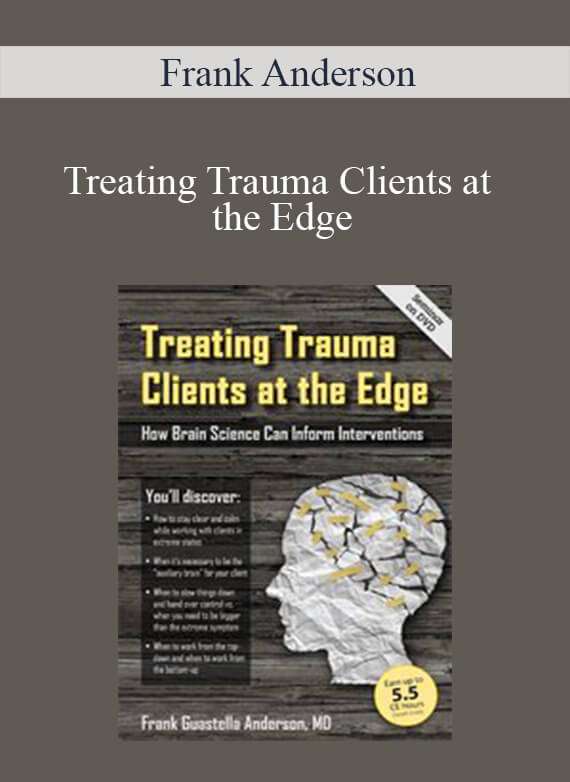
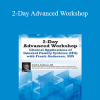
7 reviews for Frank Anderson – 2-Day Advanced Workshop: Clinical Applications of Internal Family Systems (IFS) with Frank Anderson MD
There are no reviews yet.